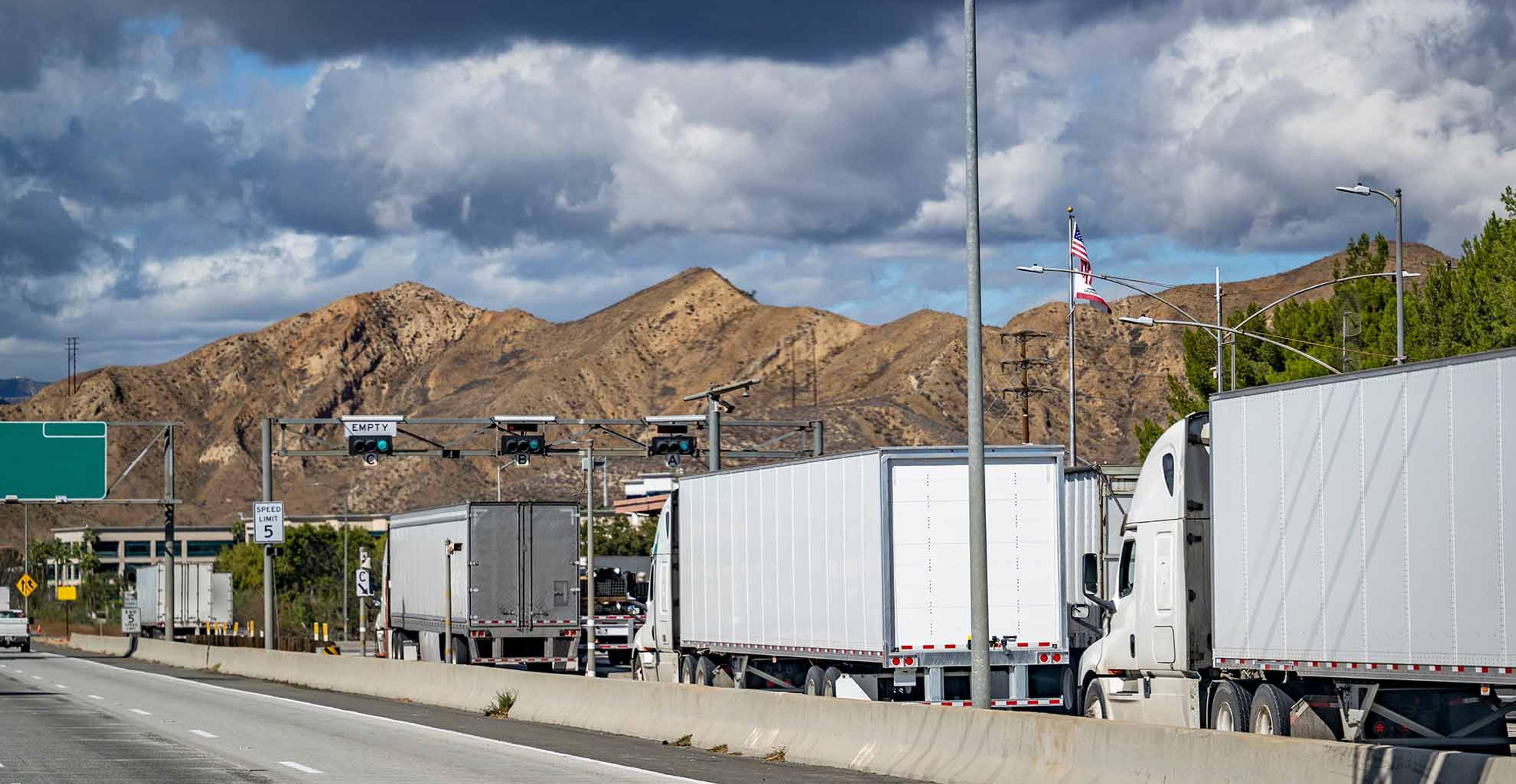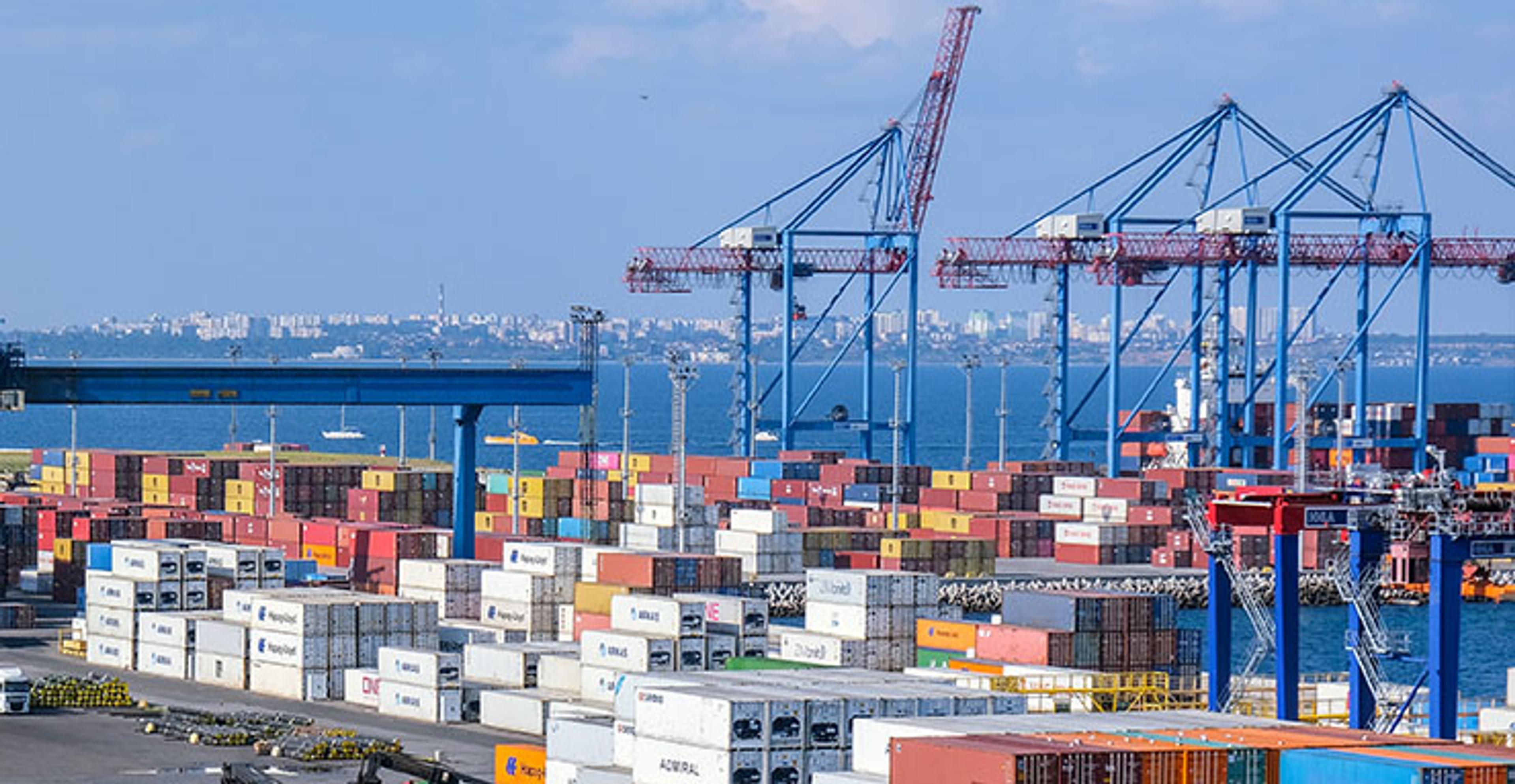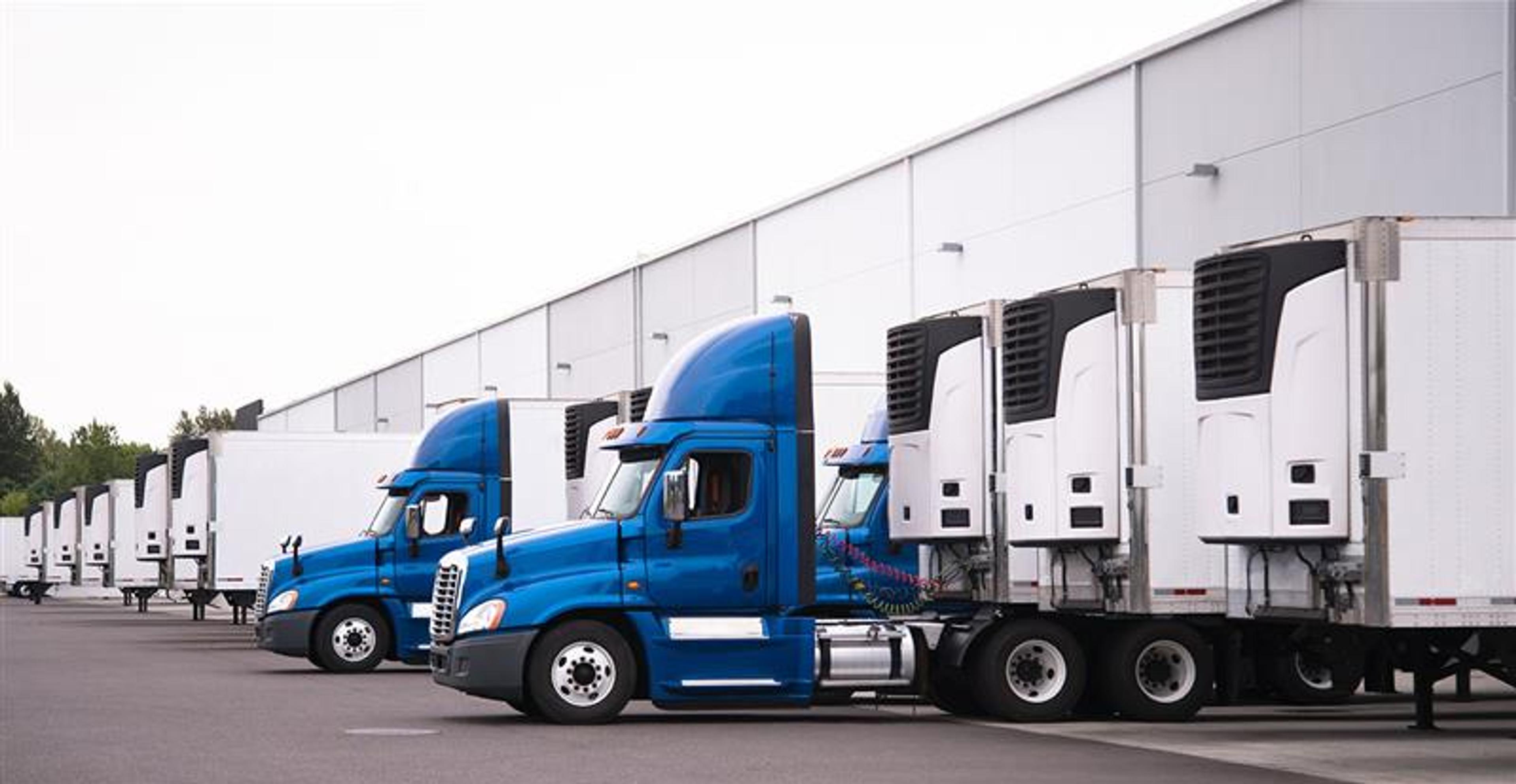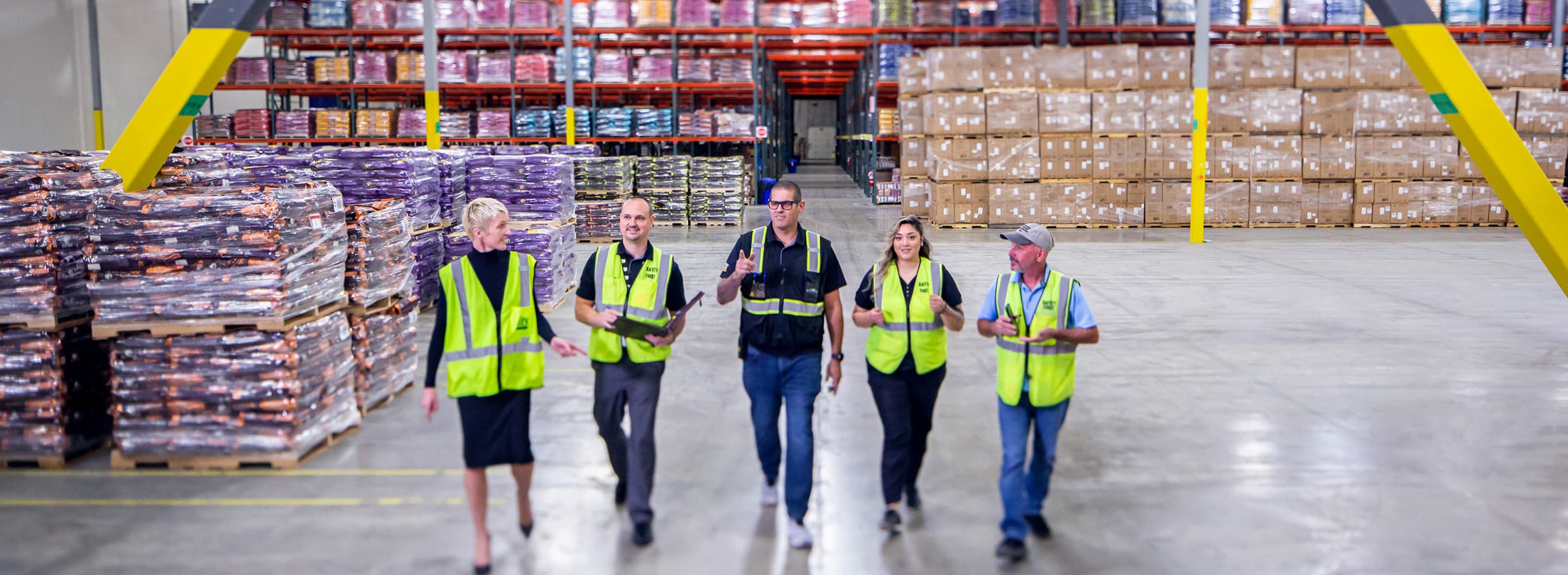IN THE NEWS: Trade War ‘Tariff Hacking’: Retailers Get Creative With Consumer Shipping Strategies, but It Could Draw Scrutiny

CNBC
September 19, 2025
Lori Ann LaRocco
FROM THE ARTICLE: Retail companies spanning from the luxury sector to lower-value goods are using a tariff arbitrage strategy within their supply chains to lower tariff bills and keep costs down for consumers.
The business model, called B2B2C (business-to-business-to-consumer), is changing the way retailers handle orders placed by consumers on a company’s website. Typically, an item purchased online is directly sold to the consumer. But with President Trump’s trade war hitting the retail sector hard and hitting many manufacturing hubs where retailers source goods with high tariffs, this type of transaction is now more often being handled through a middleman company that acts as a merchant of record, acting on behalf of the retailer as a US entity. ESW and Global-e are companies that act as a merchant of record for retailers selling products into the United States.
Once a US consumer purchases the product on a retail website, the actual transaction is routed to the retail middleman that can purchase the product at a wholesale price from the retailer. The middleman company ships and pays the US tariff on the product’s wholesale price on behalf of the retailer.
....
“Tariff arbitrage is a creative, maybe even genius evolution in how companies adapt to the economic impacts of tariffs and global supply chain management,” said Josh Allen, Chief Commercial Officer of ITS Logistics.
But others in the logistics sector worry that “tariff hacking,” as some in the industry have taken to calling the practice, can only mitigate tariff pressure on pricing in the short-term, and ultimately risks fueling inflationary pressures.



